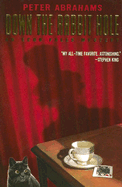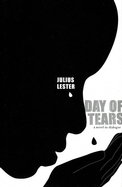The Sledding Hill
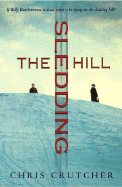 by Chris Crutcher
by Chris Crutcher~Billy Bartholomew is dead. His best friend, Eddie Proffit, is still alive. Billy and Eddie meet on the sledding hill--like they always have. And Billy is not about to let a little thing like death stop him from hanging in there with Eddie in his epic struggle to get his life back on track.~
This isn't a book about Eddie's epic struggle. This is a book about censorship. I'm more than halfway through at this point and I've learned far more about Chris Crutcher (who is a character in the book) than I have about Eddie or Billy or anyone else. I hate to say it because I agree with the message but I'm not digging this book. Breaking the fourth wall can be a really interesting device in literature but it isn't here. It's annoying and pulls me OUT of the story instead of into it. The message here is too blatant and damn near pedantic.
"But ultimately Crutcher's agenda swamps his characters and their stories, resulting in a book that is more like a set of talking points for freedom of speech than one that, like Eddie's cherished Warren Peece, will inspire YAs to stand up and do battle." - BookList, May 15, 2005
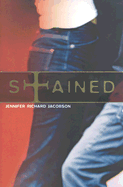
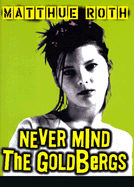
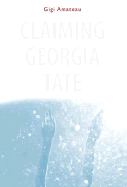
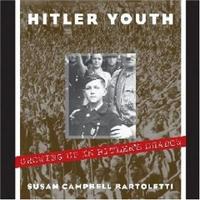 by Susan Campbell Bertoletti
by Susan Campbell Bertoletti
